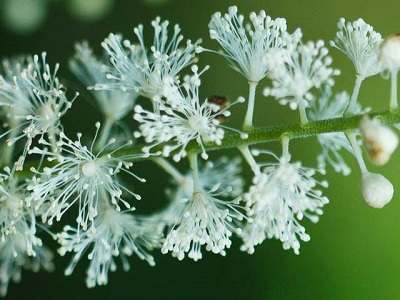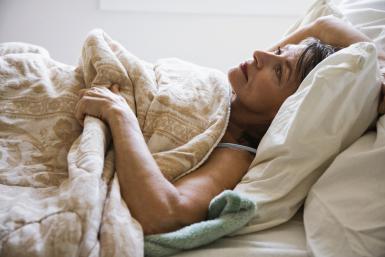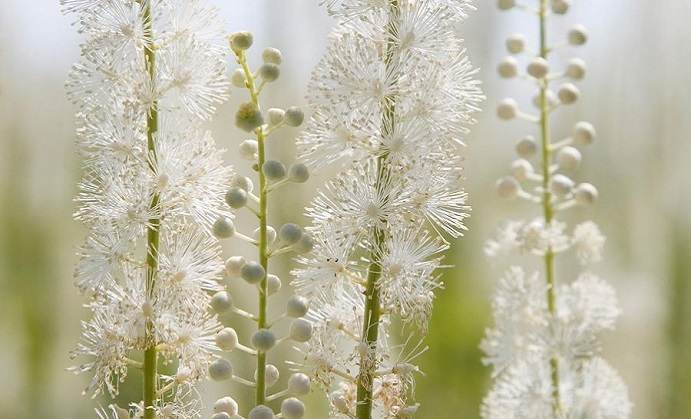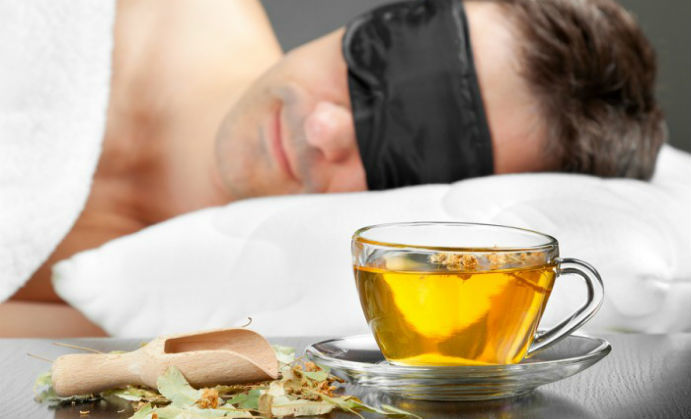Overview
Insomnia is one of the significant problems that usually go untreated or undiagnosed because people normally associate it with some undiagnosed psychiatric disorders or medical conditions. Moreover, given that sleep patterns change with age, some adults think that insomnia and sleeping problems are expected to occur as people grow older. There are effective treatments for most of the causes of insomnia in most people. It is important to consult a health care professional before using any treatment to combat insomnia. Discussing with a physician is vital to make sure that the treatment does not cause undesired interactions with other treatments or other underlying health conditions.
Black Cohosh
 This is an herbal dietary supplement and the key ingredient in Remifemin, a product designed to help women during menopause. This perennial plant is mainly found in North America. Traditionally, Indians in North America used this herb to treat several conditions including sore throats, colds, coughs, kidney problems, gynecological disorders, and constipation. Some of the practitioners who use alternative medicines will prescribe black cohosh for common neurological problems, uterus inflammation, ovary inflammation, and lung conditions.
This is an herbal dietary supplement and the key ingredient in Remifemin, a product designed to help women during menopause. This perennial plant is mainly found in North America. Traditionally, Indians in North America used this herb to treat several conditions including sore throats, colds, coughs, kidney problems, gynecological disorders, and constipation. Some of the practitioners who use alternative medicines will prescribe black cohosh for common neurological problems, uterus inflammation, ovary inflammation, and lung conditions.
Insomnia
Insomnia is a term used in different ways in both popular and medical literature. However, Thomas Roth posits that the common definition of this term is a condition in which a person is unable to sleep. Based on the existing medical literature, this condition is sometimes described as disturbances that affect electronic waves in the brain. Because of the significant link between insomnia and chronic disorders, there is a likelihood of a negative impact on the life of the affected person. Low work productivity and an increase in the number of accidents are also significant symptoms among people with insomnia. There is also a significant link between persons with long-lasting insomnia and persons with high rates of psychiatric problems. However, it is not clear which condition comes first.
Treating Insomnia with Black Cohosh
 The medical center at Maryland University acknowledges this herbal supplement as a common treatment for menopausal symptoms. It is popularly used instead of prescription hormonal therapies for treating hot flashes, sleep disturbances, mood problems, night sweats, palpitations, and migraine headaches. Some symptoms such as heart palpitations, night sweats, and hot flashes are common symptoms that have a negative impact on sleep quality during menopause.
The medical center at Maryland University acknowledges this herbal supplement as a common treatment for menopausal symptoms. It is popularly used instead of prescription hormonal therapies for treating hot flashes, sleep disturbances, mood problems, night sweats, palpitations, and migraine headaches. Some symptoms such as heart palpitations, night sweats, and hot flashes are common symptoms that have a negative impact on sleep quality during menopause.
Black cohosh provides some relief to women who exhibit these signs and concurrent sleep disorders. According to UMMC, although black cohosh can be used to cure other conditions, this supplement does not help people who have insomnia that does not result from menopausal causes.
Precautions
Traditional Western doctors and alternative medicine doctors have used herbal supplements to help people strengthen their bodies and cure sicknesses. However, the active ingredients in these supplements are likely to cause other health problems and side effects. Supplements may also interact with herbs or medications. In this regard, it is essential to consult your physician before using any supplement. Individuals who have been taking black cohosh in high amounts have experienced some side effects including diarrhea, abdominal pain, joint pain, vomiting, headache, sluggish heart rate, nausea, and weight gain. According to UMMC, there is limited research and the existing research has produced mixed findings on whether black cohosh can stimulate or hinder breast cancer development. Therefore, we are yet to know whether women who are vulnerable to or have had breast cancer should use black cohosh.
Do you want to find an effective Insomnia treatment? Check out our top rated Insomnia products










